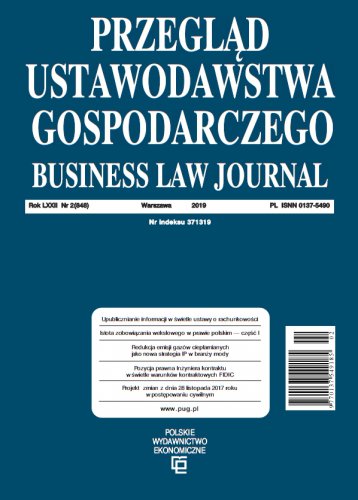Police obligations related to the occurrence of mining hazards, imposed on entrepreneurs, have a common goal, which boils down to creating and maintaining a state of safety in the course of mining activities performed by entrepreneurs. However, their detailed analysis shows significant differences relating to the functions fulfilled by the norms established for this purpose. It should also be remembered that along with a change in the level of risk, the scope of powers of competent administrative authorities changes accordingly in order to prevent its occurrence. The purpose of the article is to analyze selected police obligations imposed on entrepreneurs, which are related to the occurrence of mining hazards, and to systematize them. Due to the fact that these obligations shape the legal situation of entrepreneurs in different ways depending on the type of mining plant, the analysis presented here expose the differences between underground, opencast and borehole mines (extracting minerals through boreholes). Factors such as the type of mining plant and the type of minerals mined in it are of great importance for the content of the legal regulations analyzed in this article. In order to present the above-described issues, the dogmatic method was used and, to a limited extent, also the historical analysis of law.
Keywords: mining hazard; type of mining plant; type of minerals mined; mining entrepreneur; control and supervision in the geological and mining law

